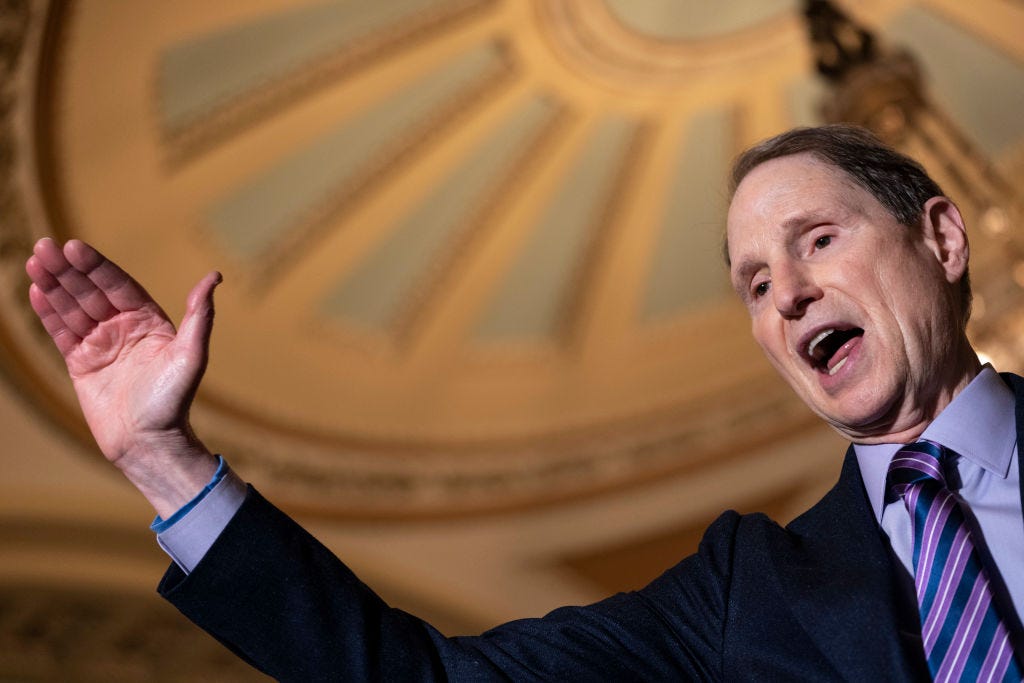Wyden stands with tribes as only Senate Dem to shut down COVID tribal funding claw back
Hundreds of millions in tribal pandemic funding protected -- for now.

Editor’s note: After this piece was published, Sen. Warren offered a comment to Indigenous Wire, which is included in the appropriate place below.
WASHINGTON — U.S. Se…
Keep reading with a 7-day free trial
Subscribe to Indigenous Wire to keep reading this post and get 7 days of free access to the full post archives.



